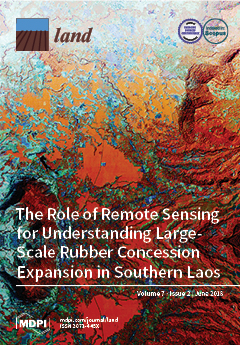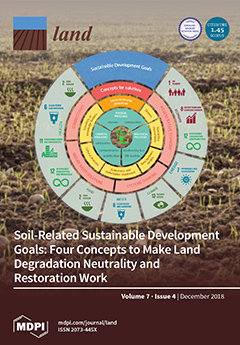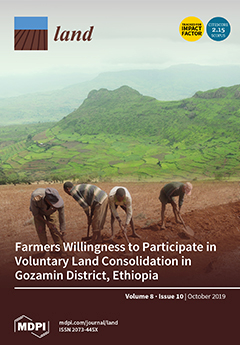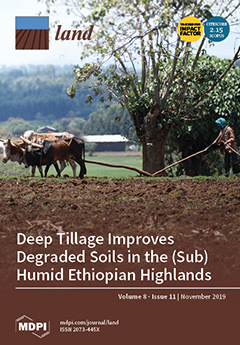Expansion of Commercial Sugarcane Cultivation among Smallholder Farmers in Uganda: Implications for Household Food Security
Understanding the impact of commercial agriculture in the face of global change is critical to support strategies that ensure food security and alleviate poverty among households. We assessed the contribution of commercial sugarcane cultivation to household-level food security among smallholder farmers in Busoga sub-region, eastern Uganda. Land use changes are motivated by quick commercial gains rather than sustained food production; a situation that influences food security.







